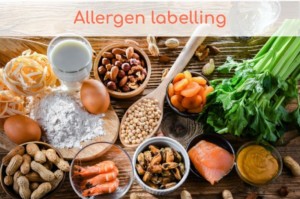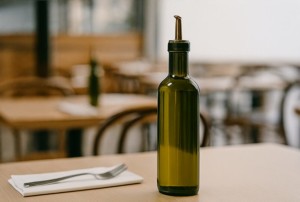Correctly Heating Core Temperatures – an Often Underestimated Risk in Gastronomy
Insufficient heating of food is currently one of the most frequently neglected issues identified during inspections in gastronomy and collective catering. Poultry is particularly critical, as it carries a high risk of pathogenic microorganisms such as Salmonella and Campylobacter. Legal and Professional Requirements (CH & DE) Both in Switzerland (HyV, Food Hygiene Ordinance) and in Germany (LMHV, EU Regulation 852/2004), it is clearly stipulated…










